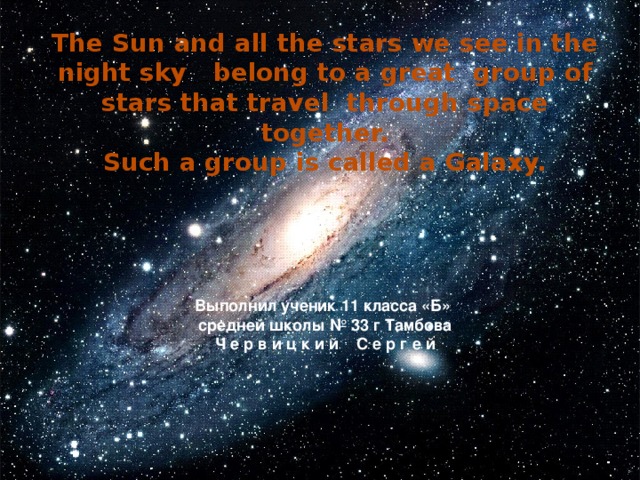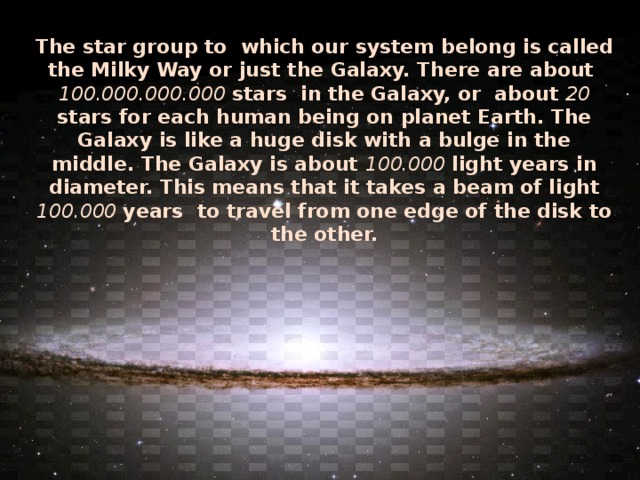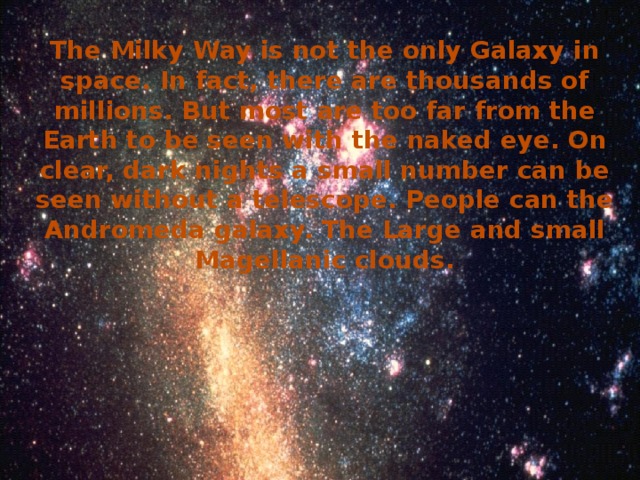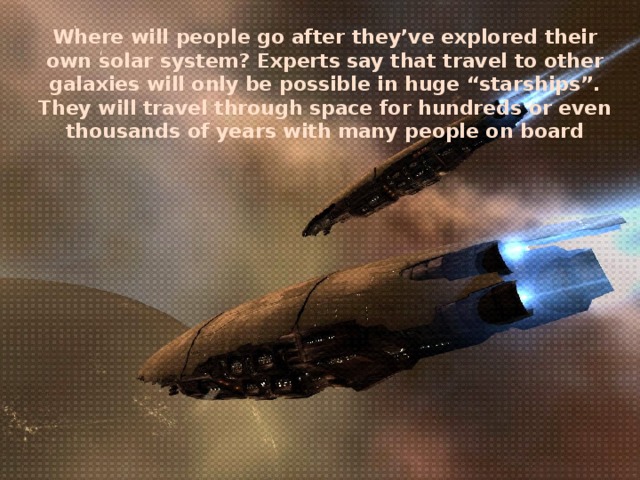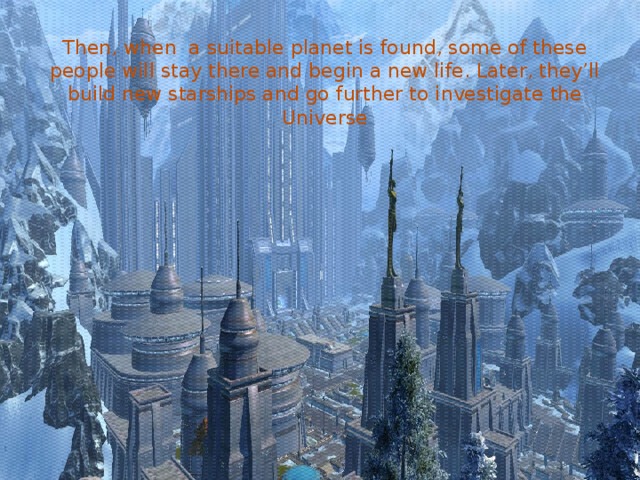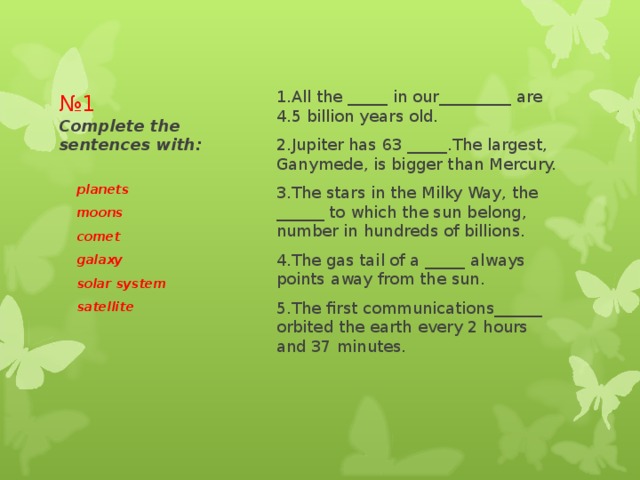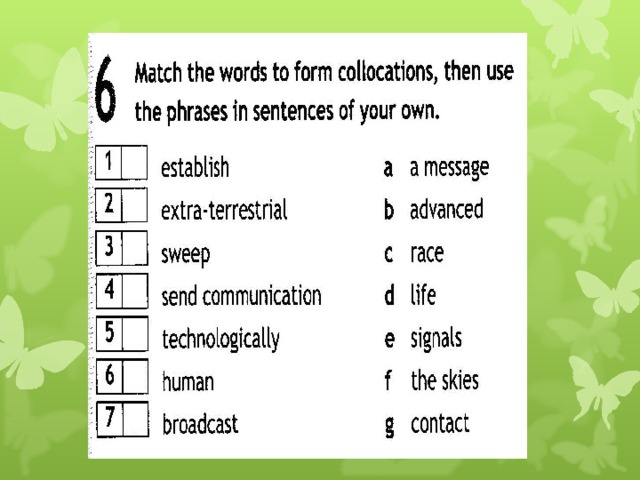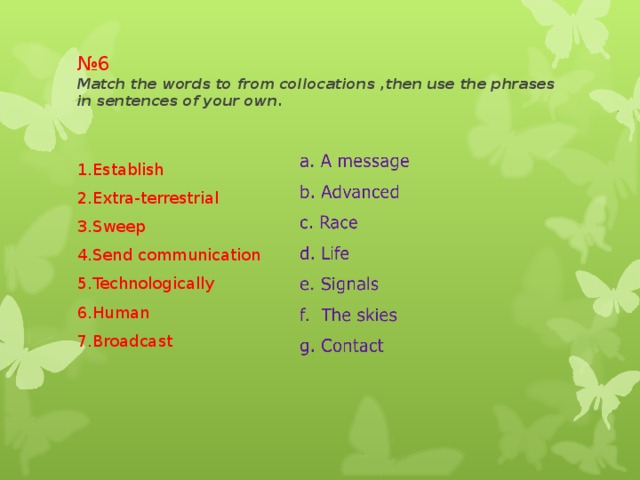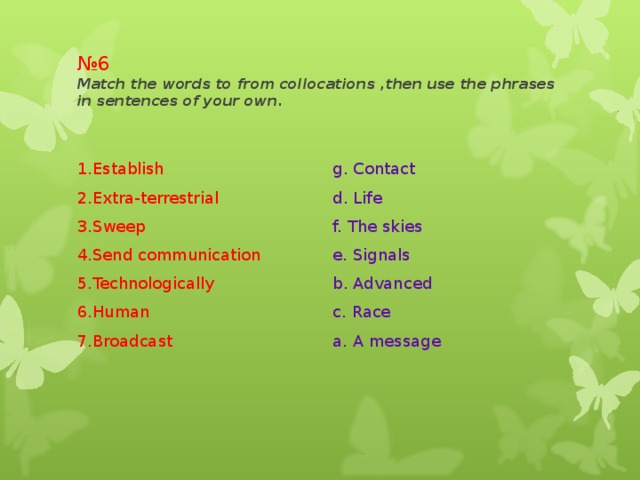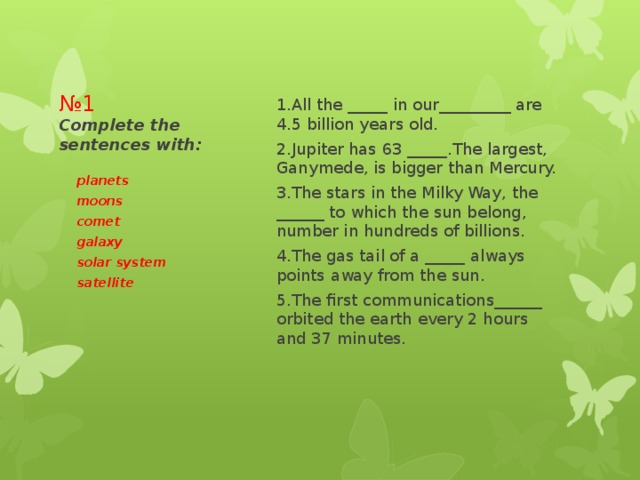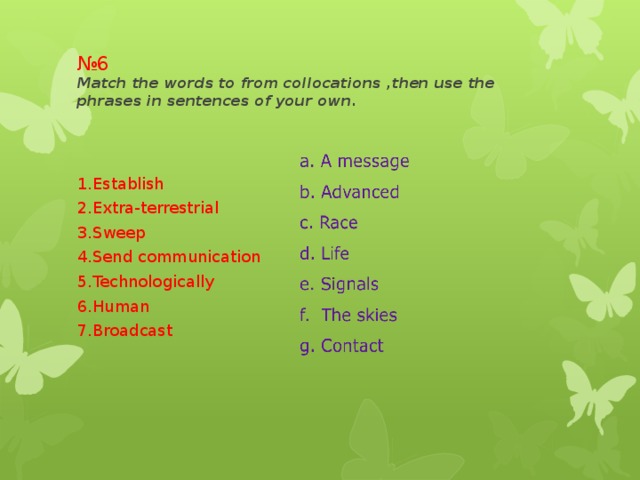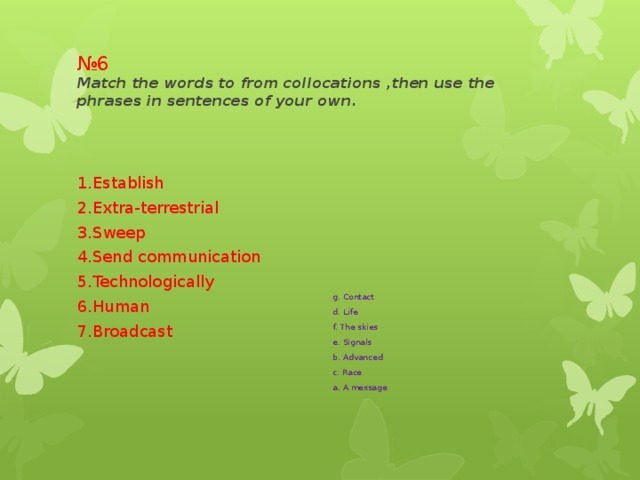Закрепить и расширить знания учащихся по теме “Исследования космоса», расширить активный словарь английского языка; реализовать межпредметные связи (английский и астрономия)
Создайте Ваш сайт учителя Видеоуроки Олимпиады Вебинары для учителей
Урок в 11 классе по теме «Communication» Hello…Is anyone out there?
Вы уже знаете о суперспособностях современного учителя?
Тратить минимум сил на подготовку и проведение уроков.
Быстро и объективно проверять знания учащихся.
Сделать изучение нового материала максимально понятным.
Избавить себя от подбора заданий и их проверки после уроков.
Наладить дисциплину на своих уроках.
Получить возможность работать творчески.
Просмотр содержимого документа
«Урок в 11 классе по теме»
Просмотр содержимого презентации
«Galaxy-pre»
Просмотр содержимого презентации
«английский»
Просмотр содержимого презентации
«английский»
Полезное для учителя
Распродажа видеоуроков!
2160 руб.
3080 руб.
1970 руб.
2820 руб.
1880 руб.
2690 руб.
1770 руб.
2530 руб.
ПОЛУЧИТЕ СВИДЕТЕЛЬСТВО МГНОВЕННО
* Свидетельство о публикации выдается БЕСПЛАТНО, СРАЗУ же после добавления Вами Вашей работы на сайт
Удобный поиск материалов для учителей
Проверка свидетельства
